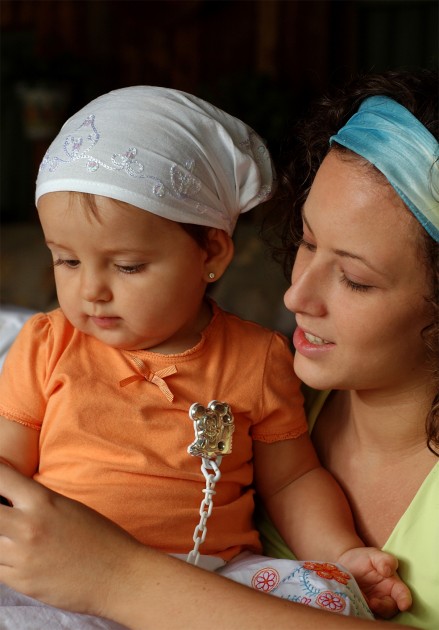Who Makes for the Best Language Teacher? (Part 1)
If you’ve been studying a foreign language for some time, you have probably been through your fair share of language tutors and teachers. They come in all shapes and sizes, are of all ages and backgrounds, and all bring unique teaching skills to the language learning game.
However, it’s no secret that people react differently to different teachers; preconceived notions of gender, age, and background all have an impact on how successful language teachers can be. Undoubtedly, you too have hired a language tutor based on some subconscious criteria which you didn’t even realize made an impact on the process. So let’s take a look at what people consider to be the ideal characteristics of a great language educator:
1. Male vs. Female
Gender bias is still a very real thing when it comes to the teaching profession, and it seems that the younger the students are, the more the bias steers towards females as better instructors. Studies show that deeply ingrained stereotypes still remain when it comes to teaching young children. Even in our current age of gender equality, men run the risk of being labelled with terms such as ‘pedophile’ when working with children under the age of 7, while women are considered more nurturing and therefore better equipped to teach youngsters.
However, the good news is that the gender bias lessens significantly with older students and evens out with adult language learners. In fact, since ongoing debates have pointed to women as better language learners (since most are more willing to put in the work and have fewer ego issues with starting out as beginners), experts argue that older boys and men who are trying to learn a new language will respond to male teachers better simply because a male teacher can provide a positive role model.
Verdict: From tots to teens, someone give that guy a job!
2. Native vs. Non-native
Another topic which has caused waves in the language learning community is the debate about whether or not native speakers make better teachers than non-native. Most students will admit that they feel more comfortable in the hands of a native speaking teacher. This impression comes from the belief that a native speaker will have a more natural feel for the language, deep cultural knowledge, and natural sounding accents.
The belief that native speakers are superior to non-native can be detrimental to many stellar instructors hoping to make it in the language teaching world. At the end of the day, studies show that being a native or non-native speaker doesn’t ultimately define a good teacher. Native educators may have the heads up when it comes to fluidity of language, but non-native teachers can be excellent instructors simply because they have been through the language learning process themselves and therefore find it easier to guide their students step by step and empathize with the barriers they encounter.
Verdict: From Mozambique to Mexico, ability is not based on nationality!
3. Younger vs. Older
The age-old question of, well, age doesn’t seem to want to go away. This is another tough dispute simply because people of all ages have great characteristics to offer the world of language study. Younger teachers are often viewed as more energetic and capable of producing more modern and forward-thinking teaching concepts. On the downside, many employers exhibit concern with young teachers, especially if their age is not too far removed from their students. Young teachers can many times come off as friends to students as opposed to authority figures, causing some institutions to hesitate in hiring younger teachers.
Older teachers bring experience to the table and are generally perceived as more knowledgeable and more able to maintain control of a language classroom. On the other hand, there can be a negative connotation that teaching methods used by older instructors are outdated or boring. However, the views in both cases can be incorrect. In fact, online statistics show that 84% of people believe that considering age as detrimental to an instructor’s teaching abilities is an incorrect assessment.
Verdict: From 18 to 80, age is not an issue!
There’s no question that teaching is a noble profession. Henry James said: “A teacher affects eternity; he can never tell where his influence stops,” a true statement which can be applied to teachers in any line of work, including our beloved language teachers.
Perhaps now your perception of language instructors has changed somewhat and you’d like to find one without giving into the standard stereotypes. Language Trainers offers a wonderful base of excellent teachers all well-equipped, regardless of gender, nationality, or age, to help you find language success. Take a free language placement test to test your skill level and then let us help you find that perfect tutor! What are you waiting for? A fun and challenging language journey awaits!



